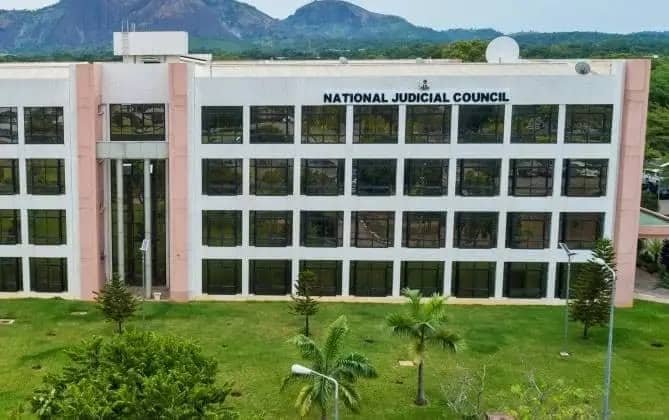Crisis rocks Nigeria Judiciary as CJN is enmeshed in corruption scandal.
OUTRAGE AS CJN ACCUSED OF SHIELDING ALLIES IN JUDICIAL CORRUPTION SCANDAL
…Civil Society raises alarm over age falsification cover-up in imo judiciary.
The integrity of Nigeria’s judiciary is under intense scrutiny as the Chief Justice of Nigeria (CJN), Justice Kekere-Ekun, faces damning accusations of selective justice and cover-up in a major age falsification scandal rocking the Imo State judiciary.
According to a petition by the Civil Society Engagement Platform (CSEP), a coalition of leading civil rights activists, the National Judicial Council (NJC), under the leadership of the CJN, is alleged to have manipulated outcomes of an investigation into 18 judges accused of falsifying their ages.
The scandal, described by observers as one of the worst forms of institutional betrayal, reportedly began after CSEP submitted documented evidence of age falsification by multiple judges to the NJC. Following this, the NJC constituted a three-member investigative panel, summoning both the accused judges and representatives of CSEP.
Shockingly, while nine judges were found guilty and sanctioned, another nine, including some with identical offences, were exonerated. Most controversial is the alleged personal interference of the CJN in shielding her schoolmate, Justice Ijeoma Ekejiuba, who reportedly altered her birth year from 1959 to 1960.
Justice Ekejiuba was not only spared punishment but has now been listed as the acting Chief Judge of Imo State, an appointment civil society groups have labeled “a national disgrace and judicial sabotage.”
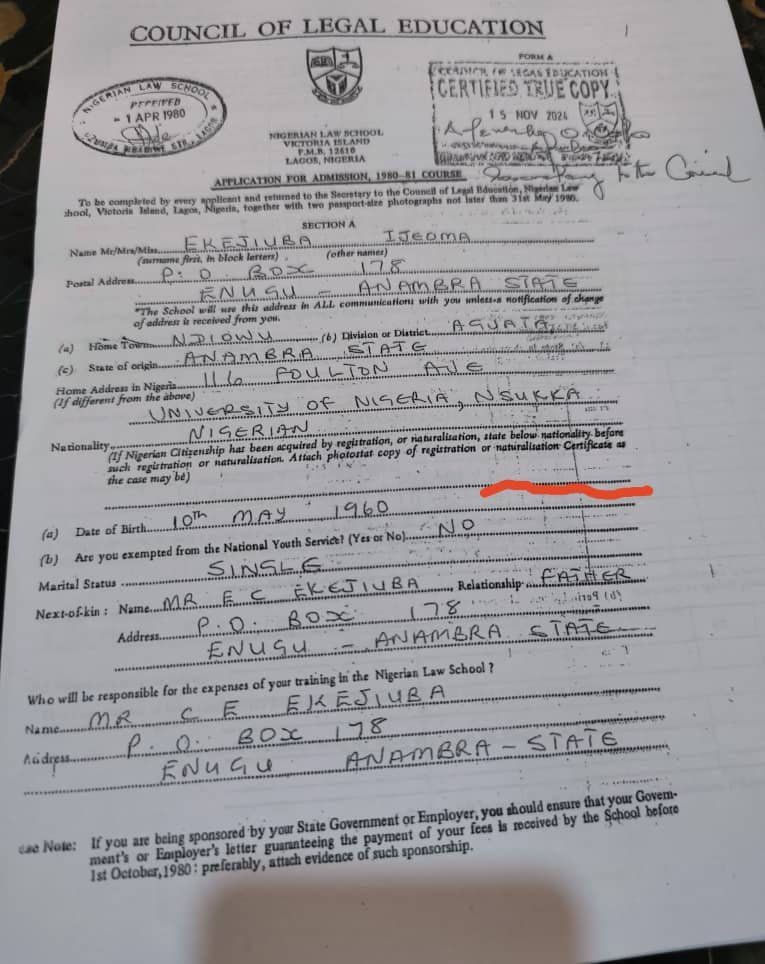

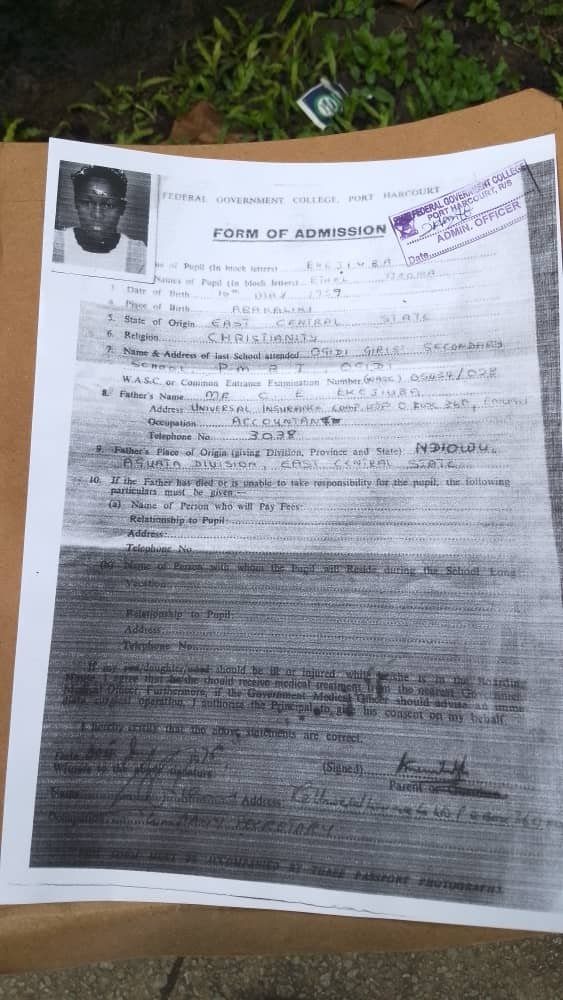
“This is the lowest the judiciary has sunk,” CSEP stated in a press release. “The CJN is sacrificing the rule of law on the altar of personal loyalty. What signal does this send to other judges, public servants, or investors who count on judicial independence in Nigeria?”
Documents obtained by journalists indicate that other exonerated judges, such as Justice Ononeze-Madu, were also involved in the same misconduct. Activists argue that this sets a dangerous precedent and undermines the NJC’s role as a guardian of judicial discipline.
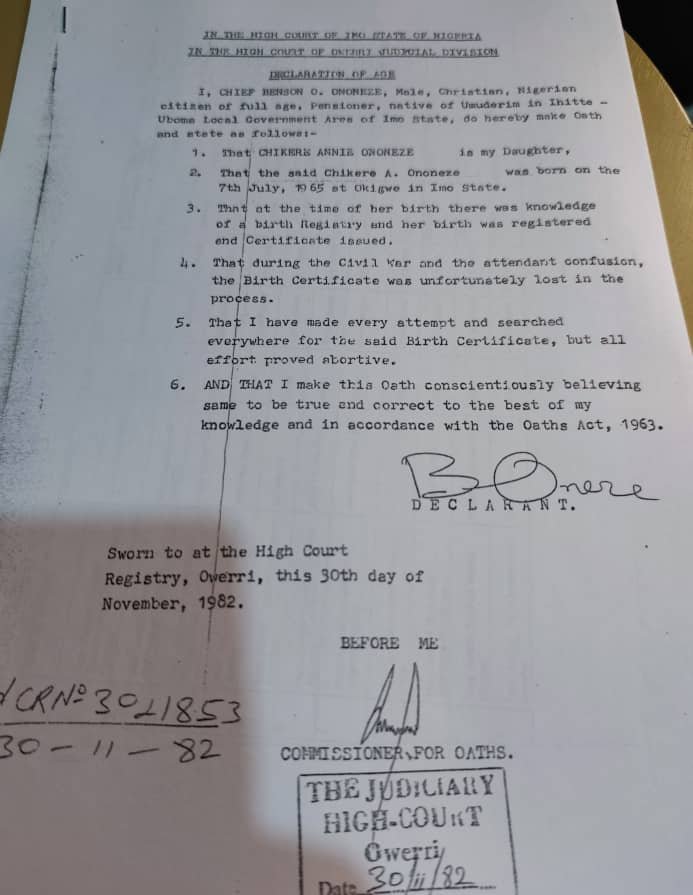
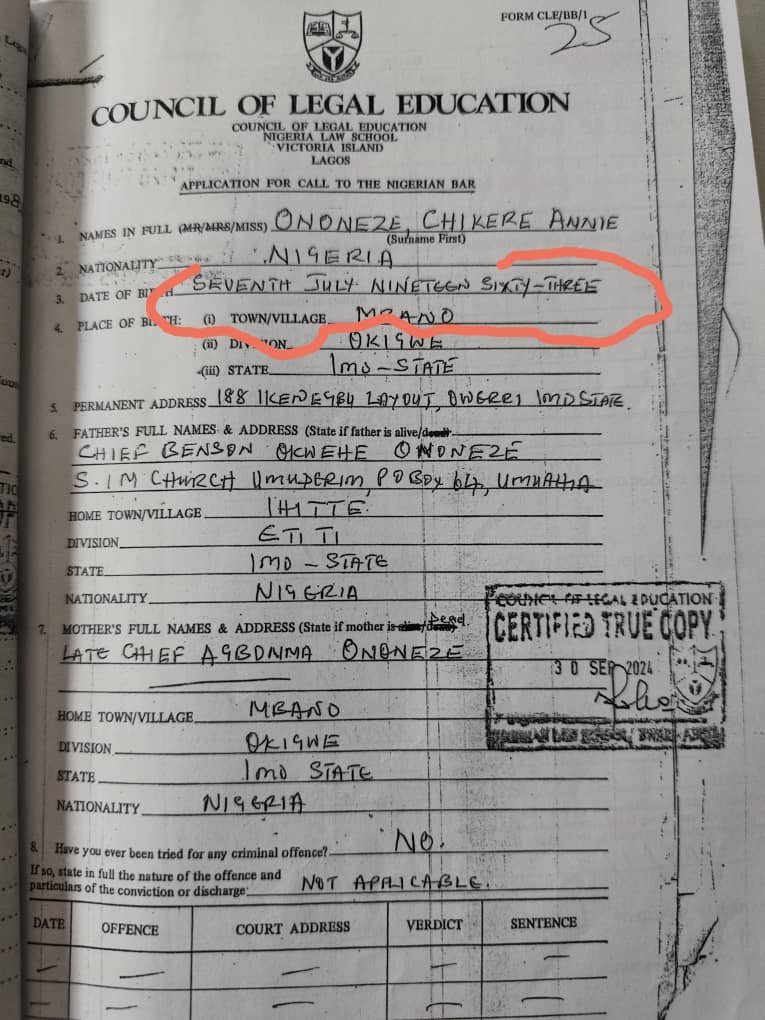
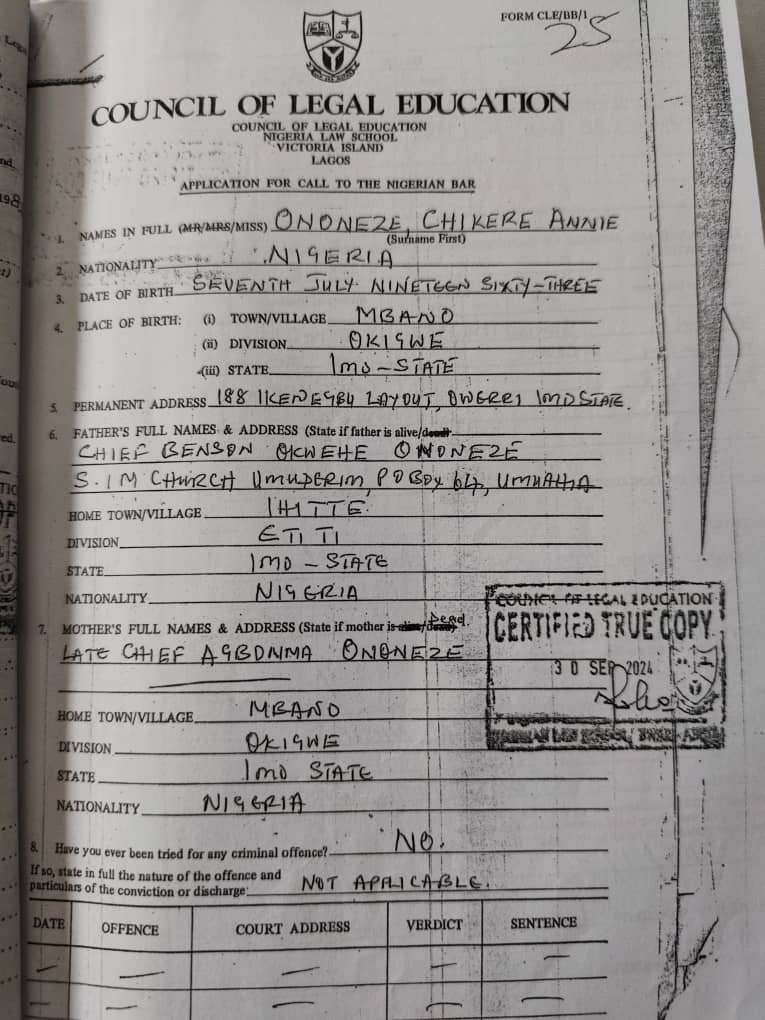
Legal observers warn that this development could have far-reaching consequences. “By institutionalizing selective justice, the NJC is actively eroding public trust and Nigeria’s global image,” said one analyst. “No investor would risk capital in a country where justice is up for negotiation.”
The Code of Conduct for Judicial Officers clearly states that judicial officers must avoid not only impropriety but even the appearance of it, and must at all times uphold public confidence in the judiciary’s integrity.
Unfortunately, Nigeria’s justice system continues to struggle under the weight of such scandals. As recently remarked by the Director-General of the U.S. Law Institute, “It has become a widely held global perception that Nigeria’s Judicial System suffers a crisis of confidence.”

Civil society organizations, including CSEP, vow to continue pressing for accountability. “This is not just about age falsification,” a spokesperson said. “It’s about saving the soul of Nigeria’s judiciary before it is completely destroyed.”

